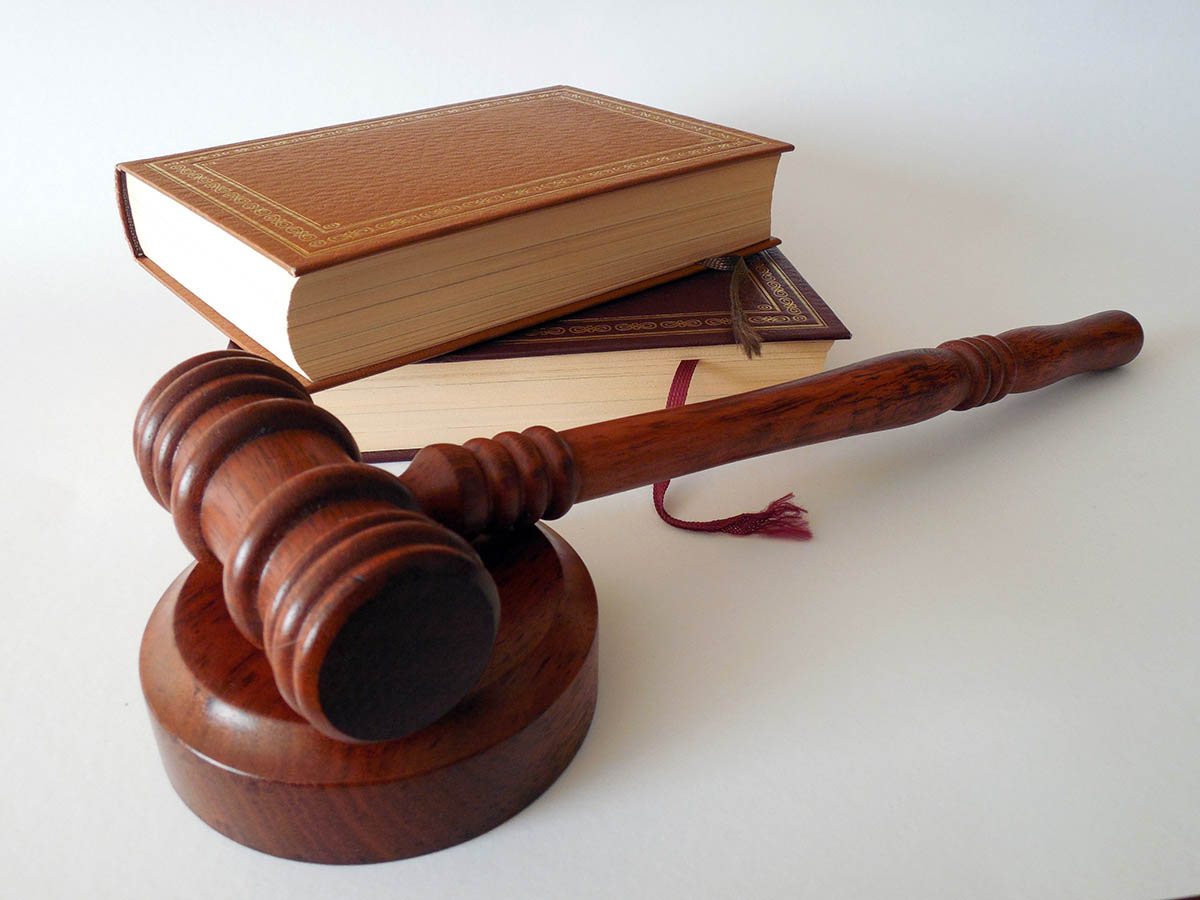When a restriction on property causes a substantial reduction in value, compensation must be paid
The owner of a property affected by the laying of any electric line either above or below ground for the transmission of electricity by the EAC without their consent, may claim compensation for the reduction in the economic value of the property.
If the owner has not been paid any compensation, they are entitled to demand it through a lawsuit in the civil court if there is a substantial reduction in the value of their property. Relevant is the provision of article 23 § 3 of the Constitution, where it is provided that for such a condition, commitment or restriction that substantially reduces the value of property, fair compensation should be paid as soon as possible.
The owner’s claim is examined based on article 31 of the Electricity Law, Cap. 170, when they have not been paid any compensation. The owner has an actionable right against the EAC and the court acquires jurisdiction to consider and decide the claim.
The EAC, as a contractor to install electric lines, first applies to the urban planning authority to secure a planning permit, where conditions are set, including the payment of compensation to an affected property’s owner. The procedure provided for in article 31 is followed for notifying and securing the consent of the owner. If the owner does not give consent, the EAC applies to the district officer, who, after consulting with the competent local authority, can give consent for the laying of lines either without or with terms and conditions as they deem fair.
A property owner who did not give her consent and was not paid compensation filed a lawsuit against the EAC and demanded compensation, alleging interference with her property right and failure to pay compensation. The EAC challenged the existence of a cause of action and the court’s jurisdiction to hear the action. The District Court of Paphos, in the reasoned decision issued on September 15, ruled that the lawsuit procedure followed by the owner, based on the law and the Constitution, cannot be considered wrong or out of time. Regarding the issue of the compensation payable, it heard the testimony of the owner and the experts of both sides.
The court ruled that fear in relation to the harmfulness of electromagnetic fields to humans or crops or animal traffic, however much the contractor’s side tried to discredit it, is taken into account in cases of this nature. Power lines, through which the EAC (legally) intervenes on the property, are inherently a nuisance development.
The trial was not held to establish the scientific truth of whether power lines carrying 132 kV current are harmful to human health or the environment. It said that what was being considered was the limitation in the exercise of the owner’s right to property and how the owner was affected by this annoying intervention. This fact must be testified by the plaintiff, who experienced the presence and operation of power lines, which affected the usual way she used and enjoyed her property.
It also pointed out that the methodology followed by the court to conclude whether there is a reduction in the value of a property is not that of comparing its market value before and after the restriction, based on sales. What is requested is the reduction in the value of the property as a result of the limitation in the exercise of the right of ownership, in relation to the free use.
The court added that the diminution in value is attributed to a percentage made up of: (a) the percentage of impact on the property from land taken up by the restriction itself and (b) the percentage of impact of the restriction on the rest (free) real estate, if and to the extent that it exists.
It concluded that the claimant’s action had a basis that could be considered by the court and that despite the restriction on the property which substantially reduces its value, no compensation was paid. Therefore, it awarded a specific amount of compensation, plus statutory interest, costs and assessment fees.
George Coucounis is a lawyer practicing in Larnaca and the founder of GEORGE COUCOUNIS LLC, Advocates & Legal Consultants, www.coucounis.law, [email protected]







Click here to change your cookie preferences